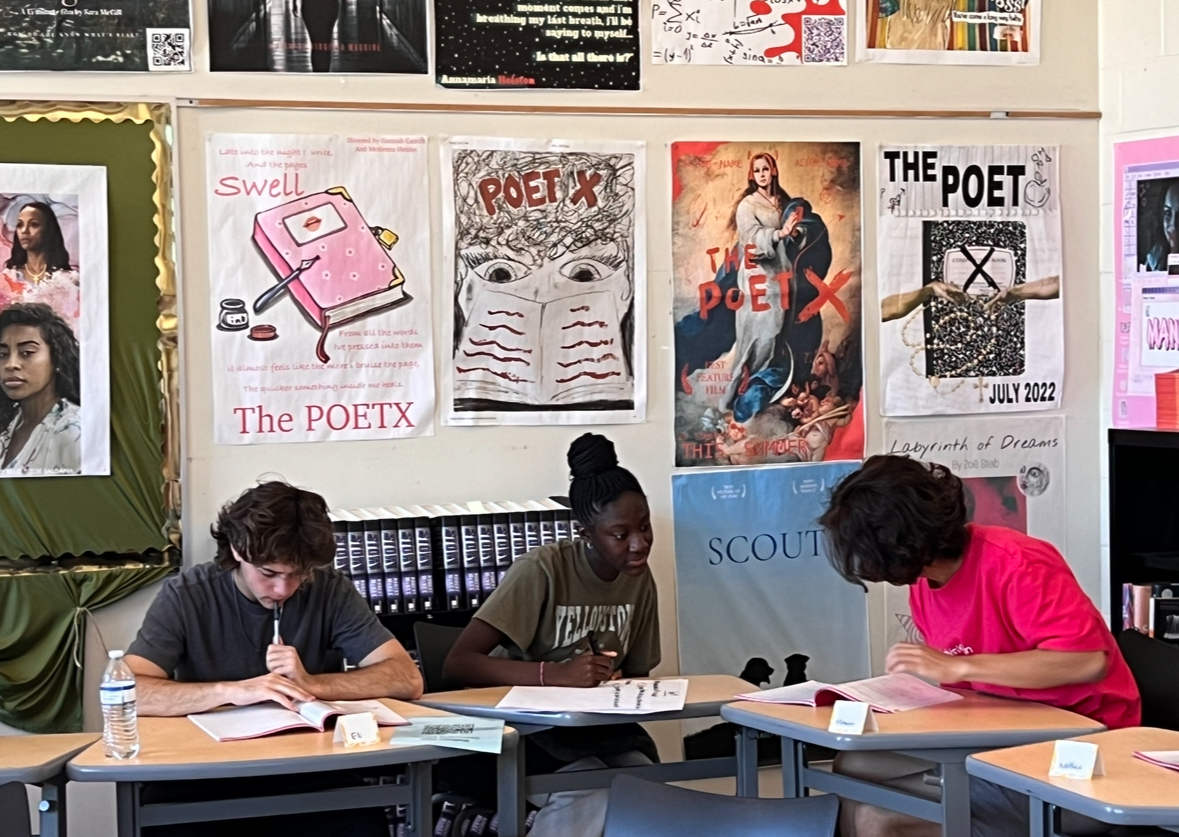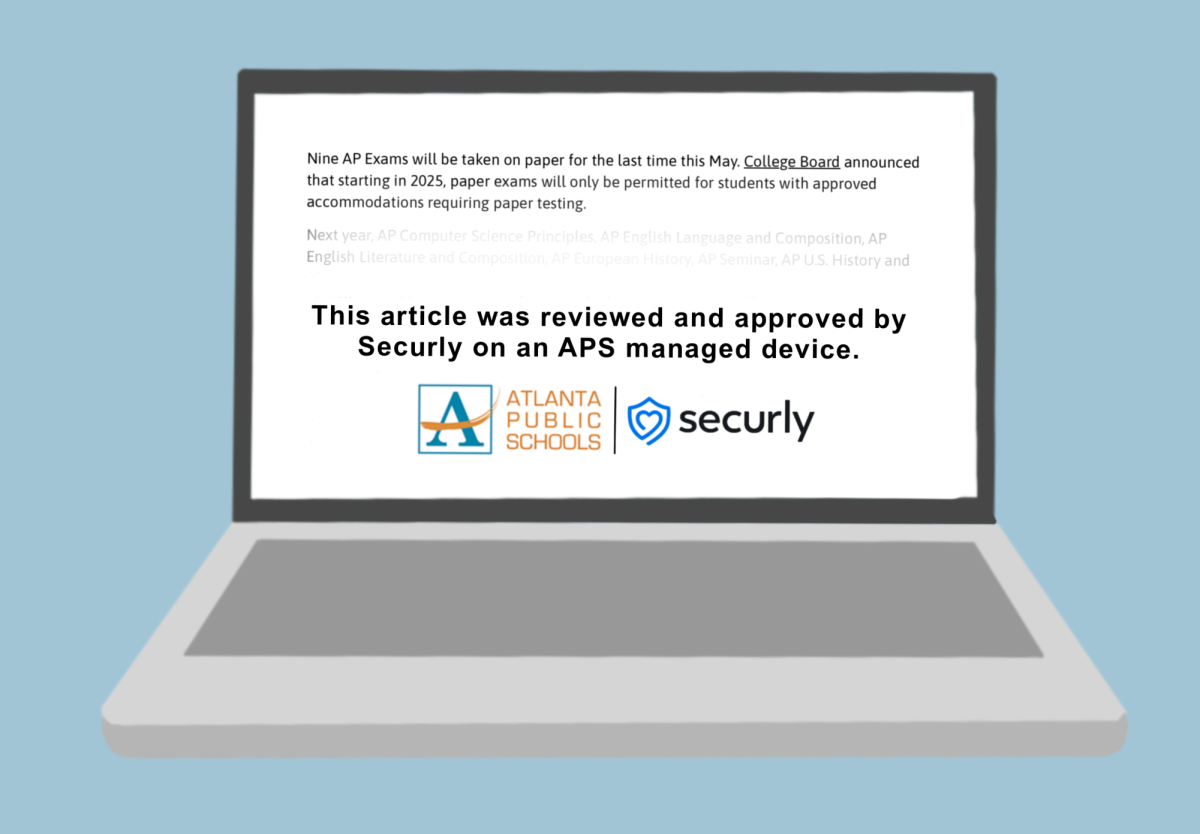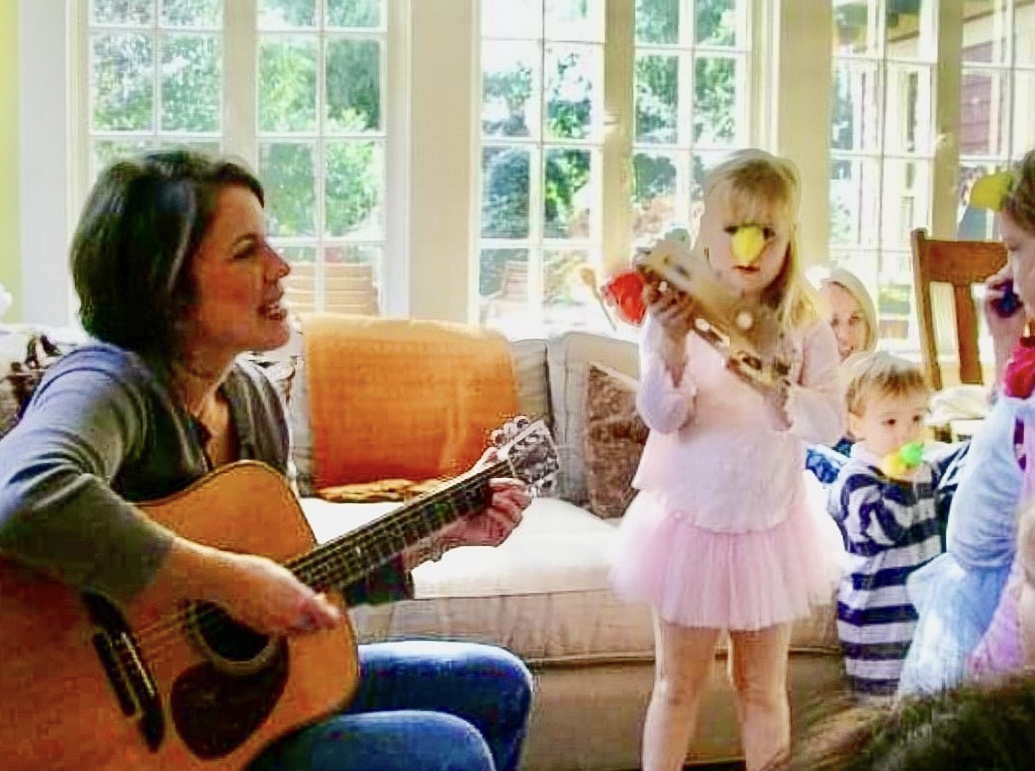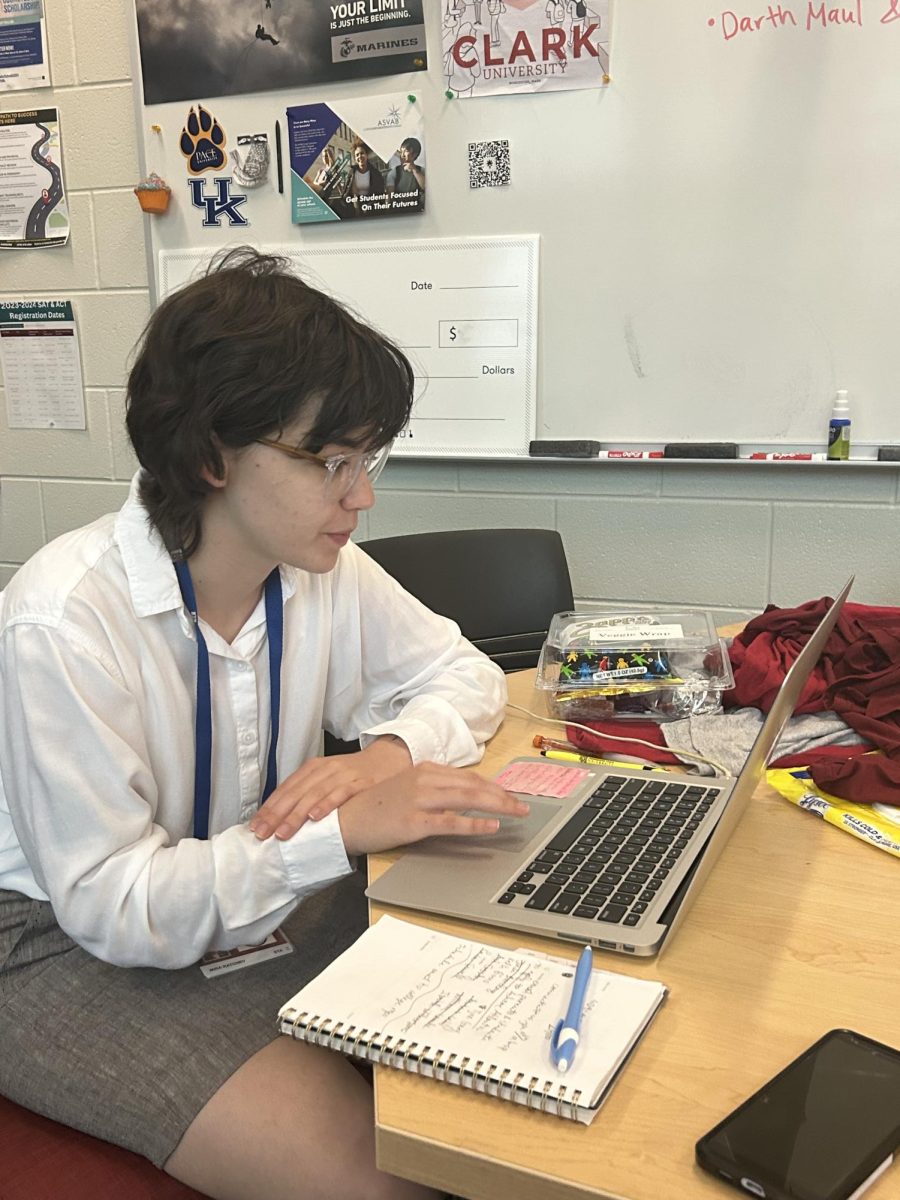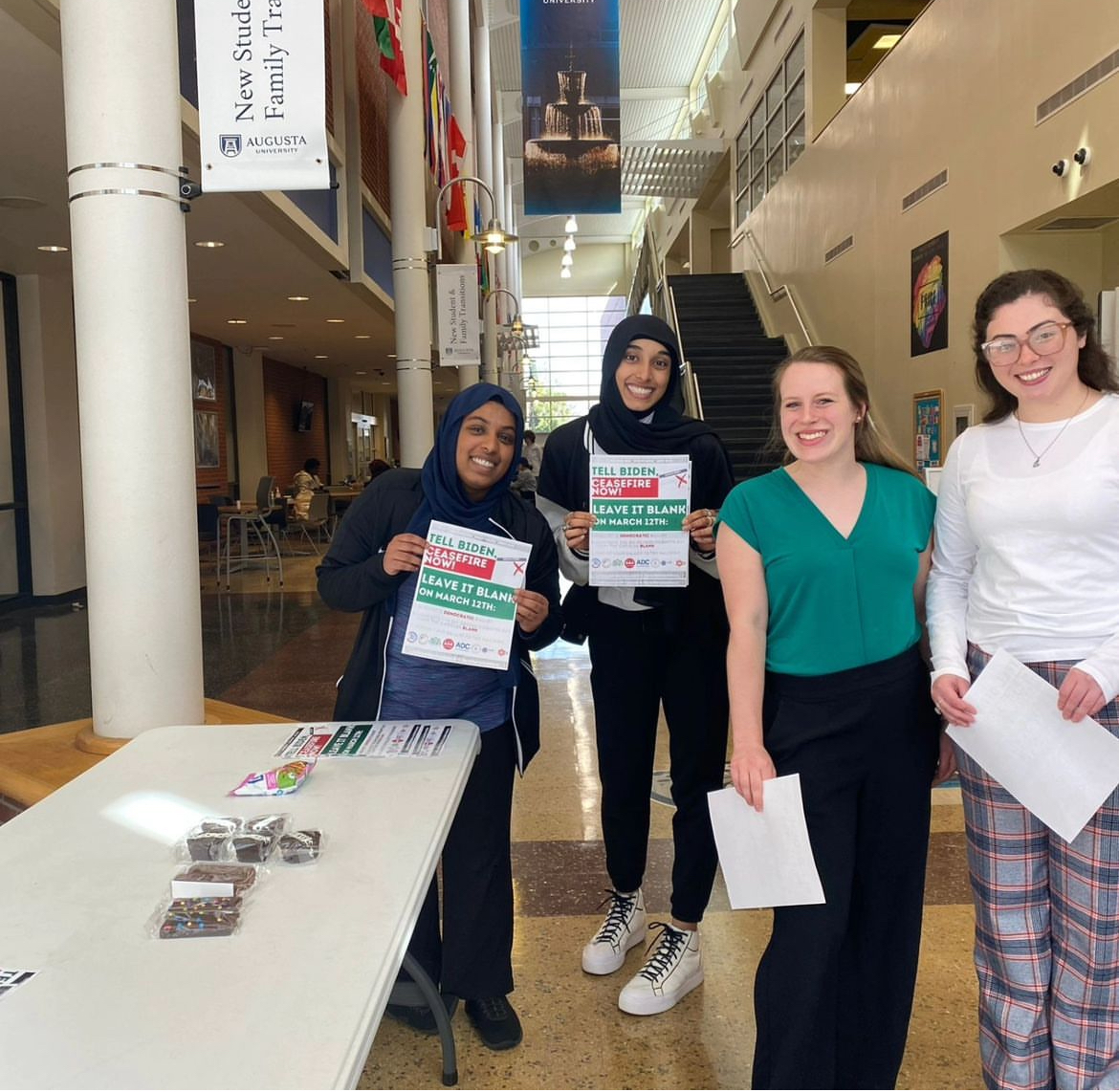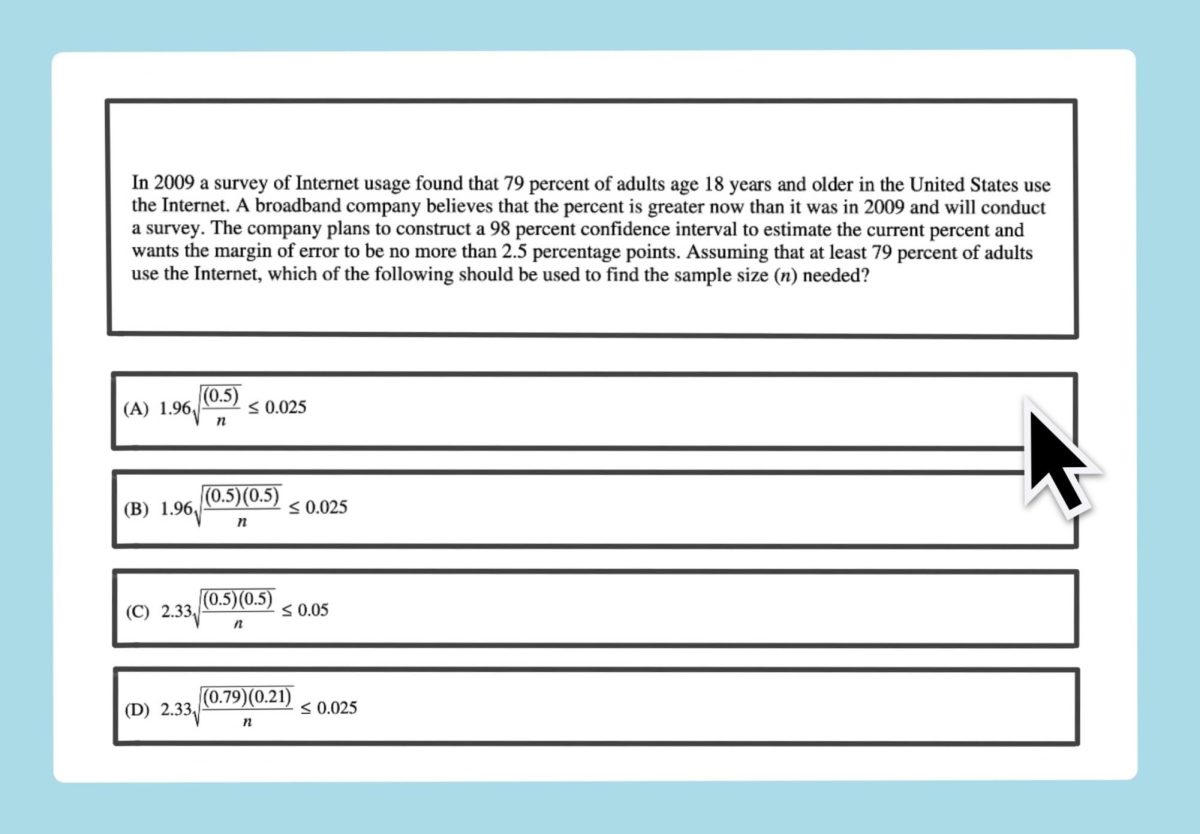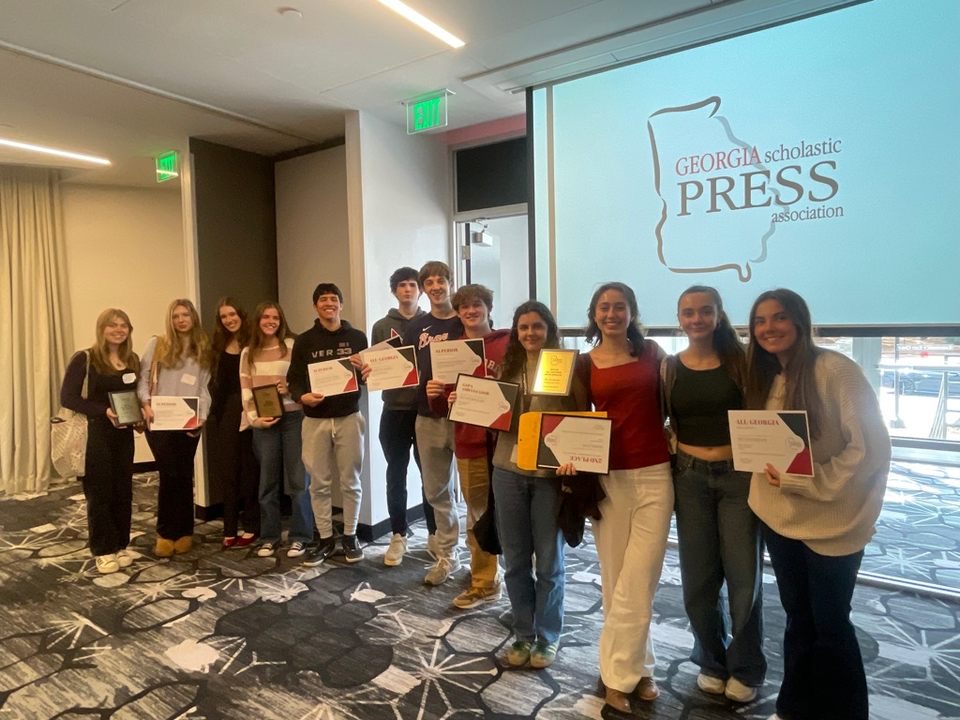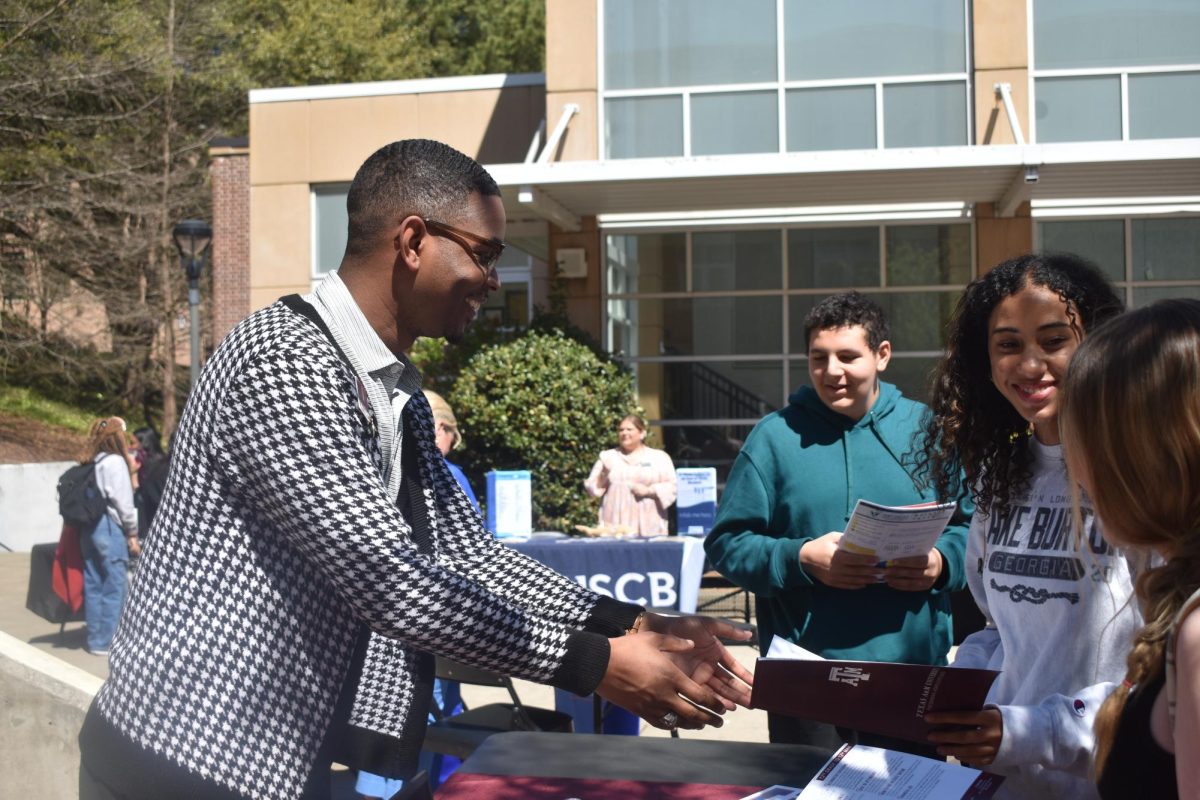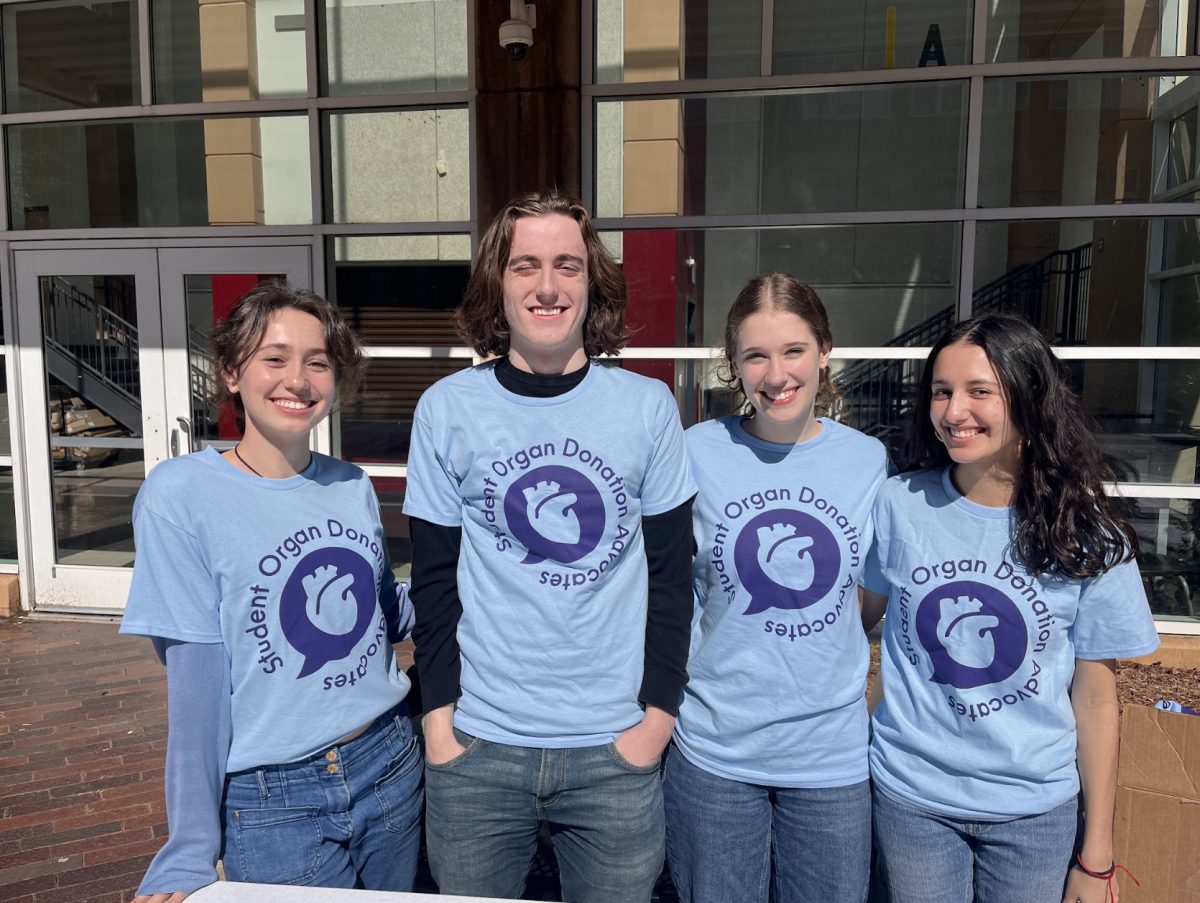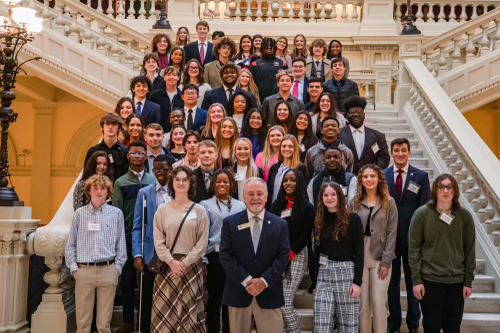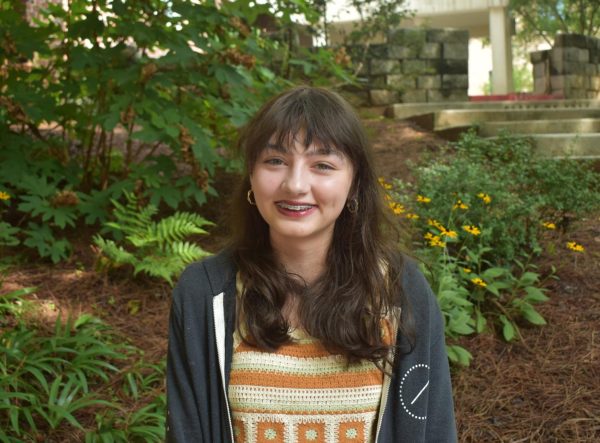Midtown held its first mental health first aid training for sophomores over fall break. The training was proposed by the Student Mental Health Advisory Board, whose goal is to improve mental well-being.
Dr. Cheryl Nahmias, student support program specialist, works with the advisory board and led the training. She said the program is only available for students in tenth grade because the National Council for Mental Wellbeing specifies that the youngest grade level that can participate in the program is tenth.
“Our goal is to try to train everyone in the tenth grade each year,” Dr. Nahmias said. “So, then next year, by the end of the year, all of our tenth and eleventh graders would be trained. And then by three years from now, all of tenth, all of eleventh, all of twelfth. You keep growing it so that you have a more pervasive presence of this skill set among the students.”
Along with Dr. Nahmias, graduation coach Susanna Roberts was trained to administer the program.
“I went through a national training,” Roberts said. “It was three days of online training, but it was live, with an instructor and 17 other participants from around the country. So, there were two full days of actual training, going through the program, and then on the third day, I actually had to teach the class part of the lesson that I will be teaching the other kids.”
Senior Adriane Moyer, an advisory board member, believes the training will help the students be better equipped to understand mental health.
“By training students, the goal is to ensure that all students are able to assist each other with mental health struggles and that the school, as a whole, will be able to share the responsibility of protecting students’ mental health,” Moyer said.
Another goal of the training is to equip students with skills they can carry throughout their high school career and later life.
“The goal is that training these students will prepare them for issues that may arise both now and later in life, but we hope to have the whole school trained on these initiatives within three years, in order to spread the knowledge of mental health issues and solutions,” Moyer said.
During the training, students are given a booklet, which Dr. Nahmias believes will make the training more beneficial
“We want you to be able to process all of this [information] that you are learning,” Dr. Nahmias said. “But then, if you ever needed to go back to it, you’re not sitting there during the training trying to write down every single thing. You’re really engaging with what we’re talking about and kind of trying to process it and take it in.”
Moyer said a goal of the training is to teach students how to address concerns in a more positive way.
“I hope that by training students on mental health initiatives, students are more equipped to adequately handle the struggles they are facing and have the tools necessary to address concerns in a more mature way,” said Moyer.
Roberts hopes the Mental Health First Aid Training helps students recognize the signs of crisis in other students and enable them to help their peers.
“I hope it will have a positive effect,” Roberts said. “I hope that it will give everybody here some confidence in recognizing the signs and knowing what to do with them, and also how to get them the help that they need, as well as realizing we are all here to help support them.”
Dr. Nahmias said the training provides a safe space for students to learn about these issues in a way that makes complicated issues understandable.
“It is a very supportive environment to learn about and talk about some pretty heavy things, and the idea is that when you go forward, you are just going to have a much clearer picture of how you could help yourself or someone else,” said Dr. Nahmias.






